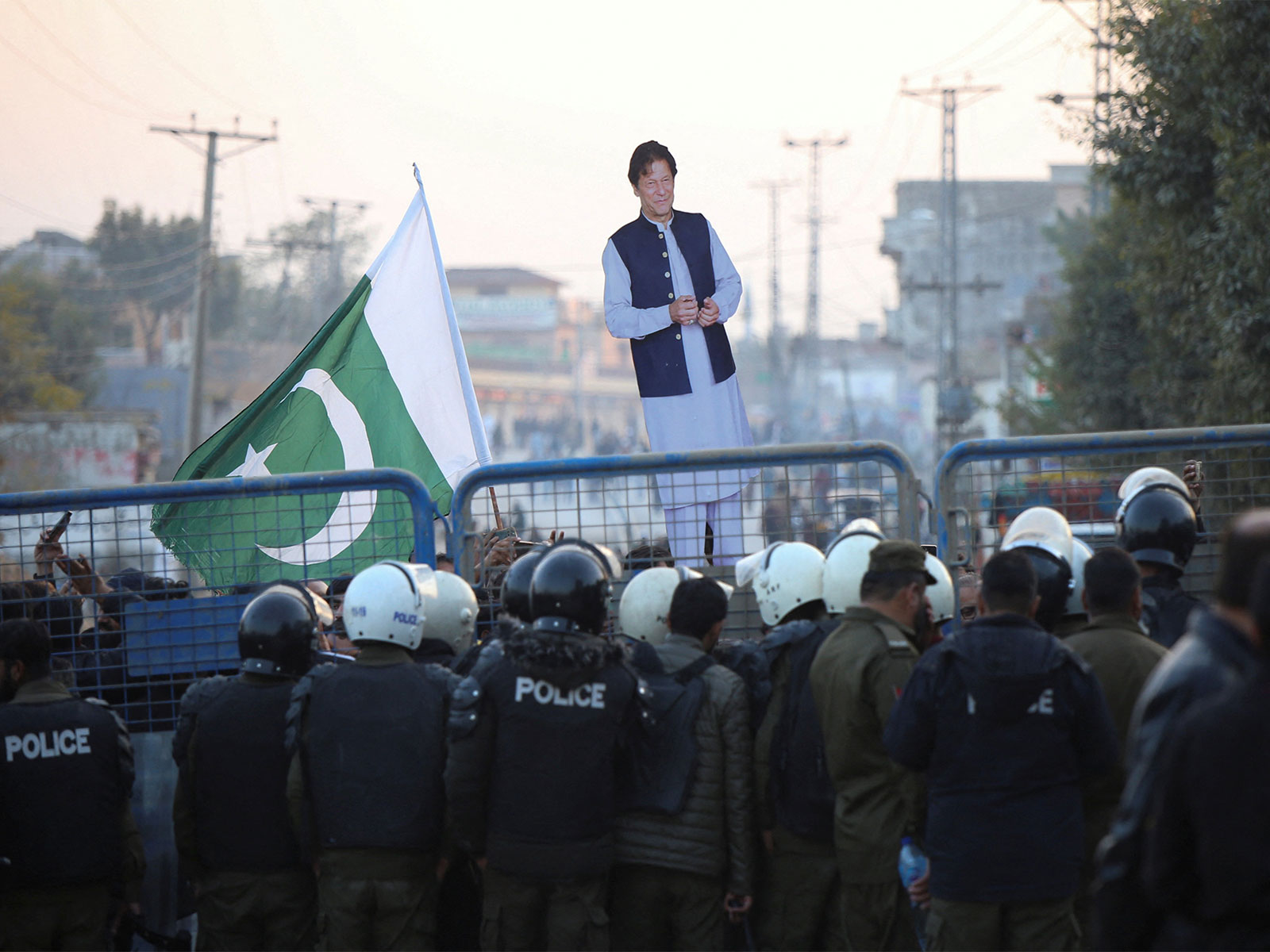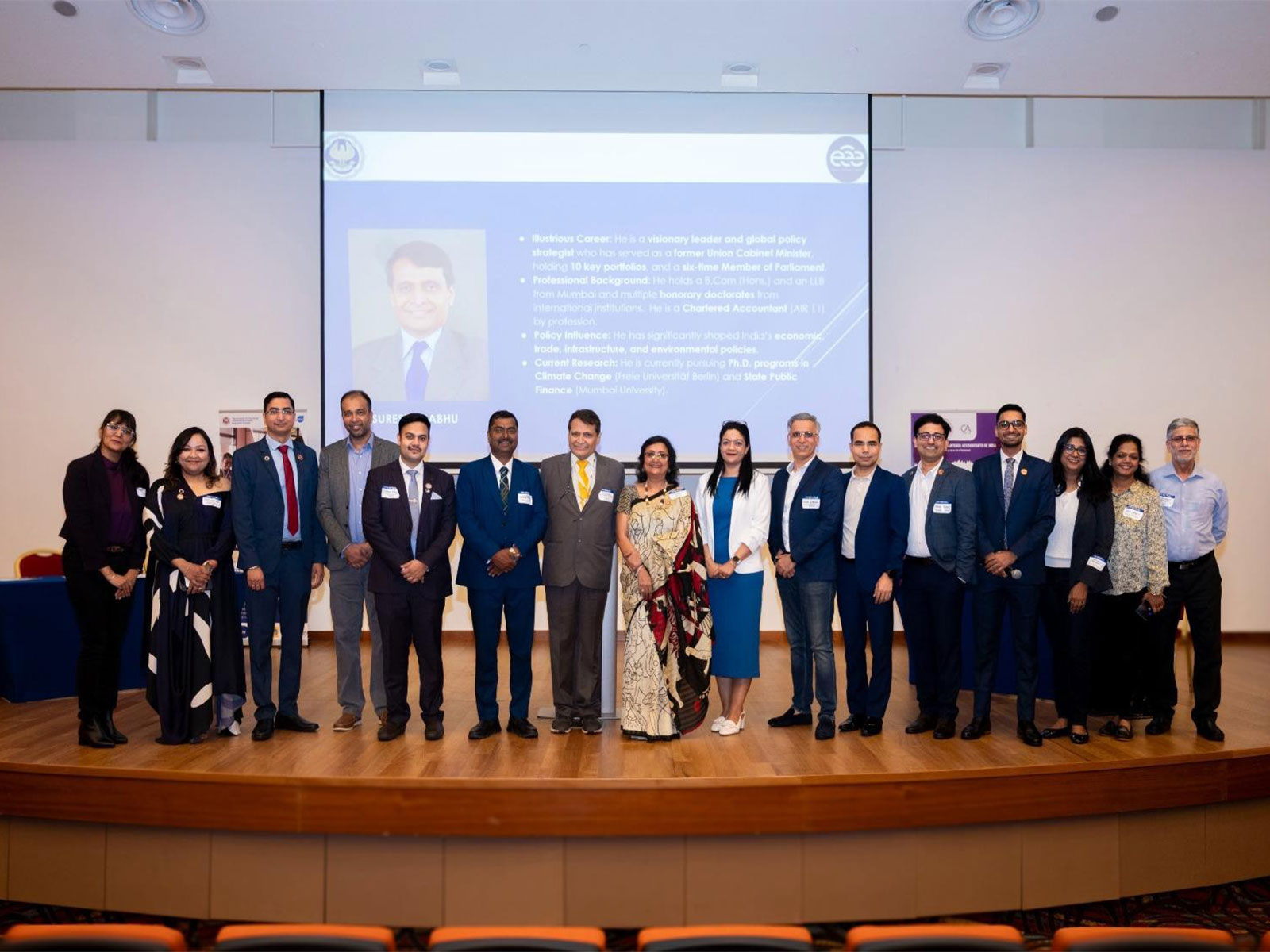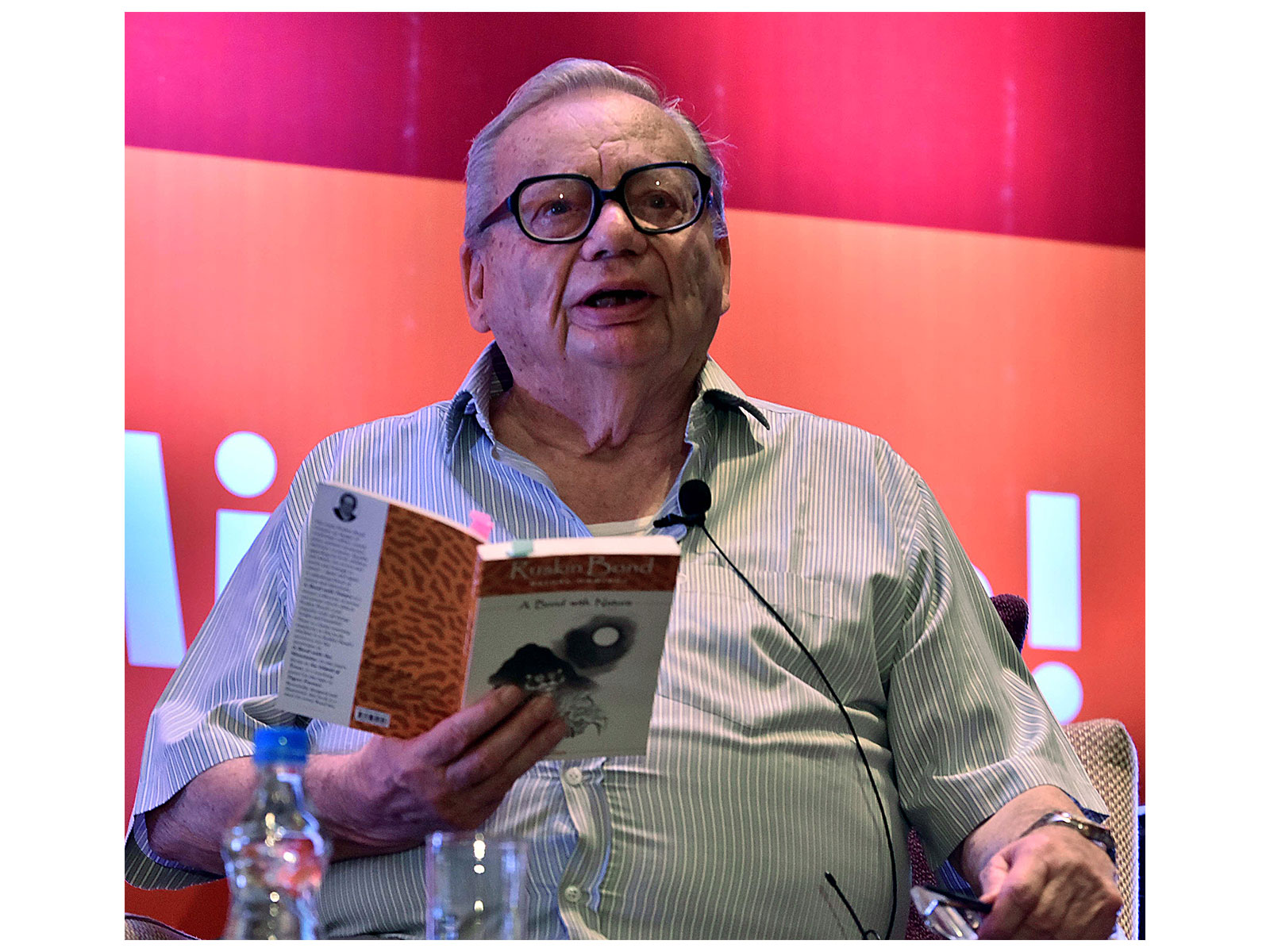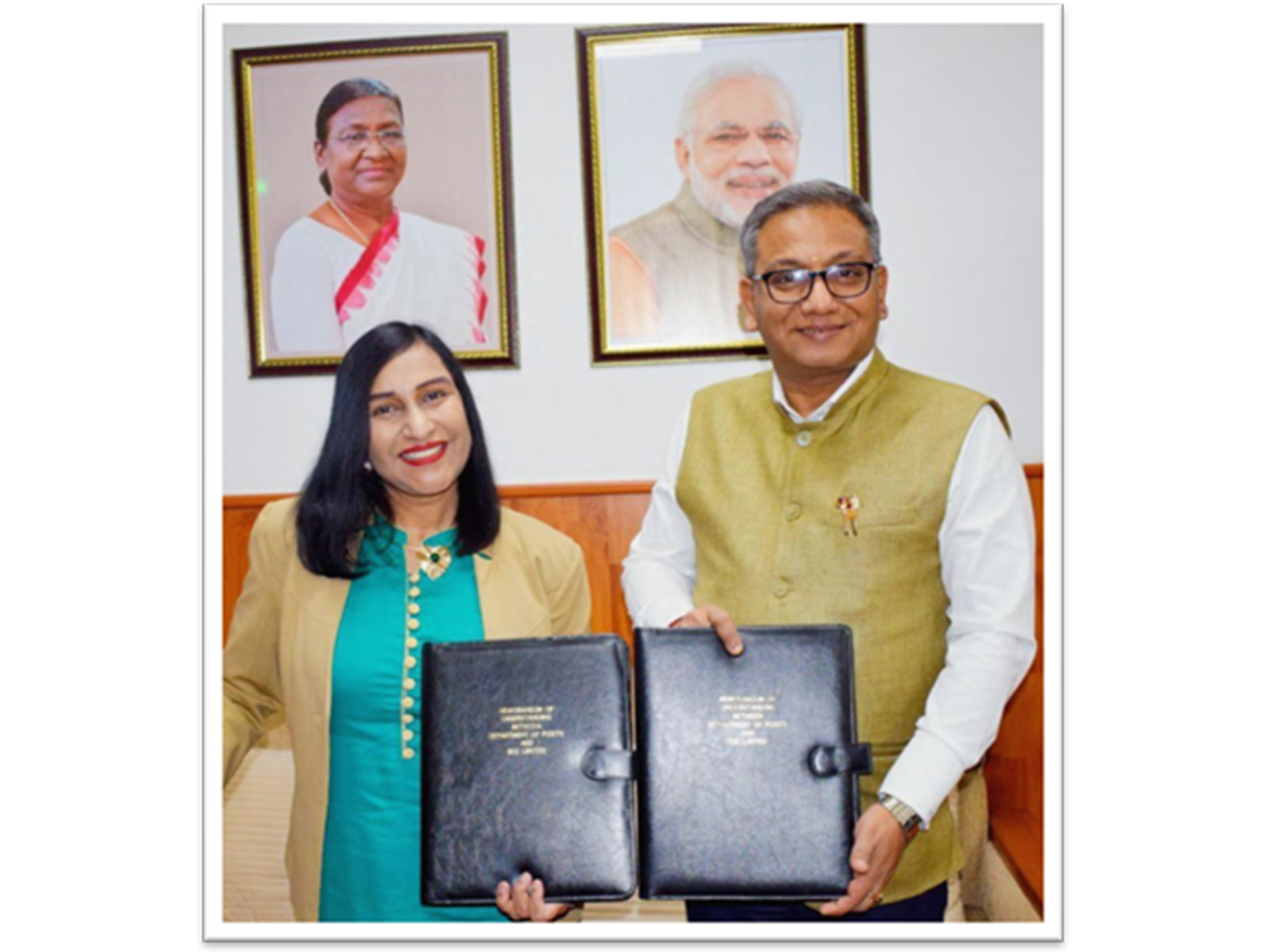Beijing opposes US embassy in France's lunch invitation to Taiwan's representative, says it violates 'one-China policy'
May 02, 2021

Paris [France], May 2 : China has opposed US Embassy in France's invitation to Taiwan's representative for a luncheon meeting, saying the move "seriously" violated the one-China principle and endorsed the Taiwan "secessionist forces,"
Brian Aggeler, Charge d'Affaires ad interim at the US Embassy in France, on Friday, invited Taiwan Representative to France, Wu Chih-chung, at his residence for lunch, Chinese state media Global Times reported.
According to Taiwan-based media outlets, it was "the first time since the breakdown of diplomatic relations between the United States and Taiwan in 1979" that the US Embassy in France invited to its residence a "representative of Taiwan in France" for a visit exchange.
The Chinese embassy in France issued a statement over the incident. "There is only one China. Taiwan is an inalienable part of Chinese territory, and the government of the People's Republic of China is the only legal government representing all of China. This is a fact recognized by the entire international community and a fundamental norm in international relations, said the Chinese embassy in France," the statement read.
"The move seriously violates the one-China principle and the provisions of the three Sino-American Joint Communiques, and goes against their long-standing political commitments to China on the Taiwan question, and endorses the forces of Taiwan secessionists," the embassy noted in the response.
Taiwan and the Taiwan Strait region is a source of a tussle between the US and China owing to Washington's support of Taiwan.
Taiwan had split from mainland China in the wake of civil war and the US has remained a decades-long ally of Taiwan since then.
Beijing claims full sovereignty over Taiwan, a democracy of almost 24 million people located off the southeastern coast of mainland China, despite the fact that the two sides have been governed separately for more than seven decades.
In March, US Secretary of the state, Antony Blinken, has referred to Taiwan as "country", the term so far avoided by US officials.
The previous US administration in January announced lifting restrictions governing official US contacts with the country.
Former Secretary of State Michael Pompeo had said that executive branch agencies should consider all "contact guidelines" regarding relations with Taiwan previously issued by the Department of State under authorities delegated to the Secretary of State to be 'null and void'.
In November last year, the US and Taiwan signed a blueprint for closer economic ties.




















